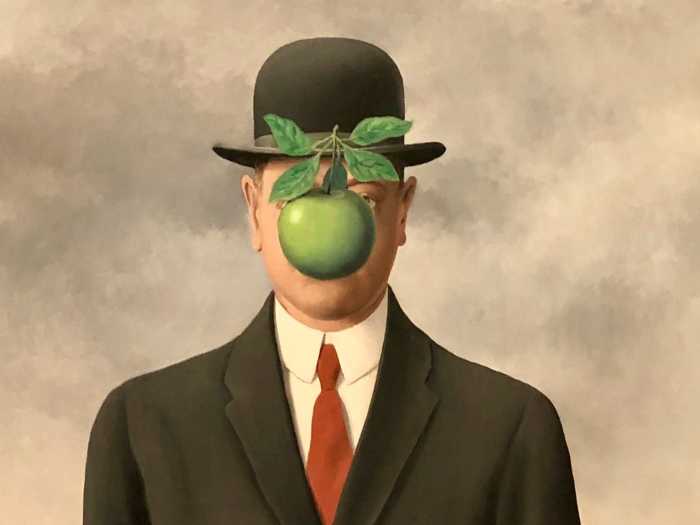By Ed Koch
“Bella” (+)
This is a very simple story of an Hispanic family living on Long Island. The mother (Angelica Aragon) is Mexican and the father (Jaime Tirelli) is Puerto Rican. Their relationship is beautiful to behold.
The couple has three sons. The oldest, Manny (Manny Perez), owns a restaurant in New York City where his brother, Jose (Eduardo Verastegui), is the main chef. The third and youngest son, Eduardo (Ramon Rodriquez), is handsome, charming and a ne’er-do-well
The plot involves a young Anglo woman, Nina (Tammy Blanchard), who is fired from her job as a waitress in Manny’s restaurant for arriving late. She admits to being pregnant and is helped by Jose who is clearly interested in her. Meanwhile, Eduardo takes his Anglo girlfriend of one week home to dinner and announces they are getting married. The last scene in the movie, which takes place at the beach a few years later, provides a surprising denouement.
“Bella,” which won the “People’s Choice Award” at the 2006 Toronto International Film Festival, could have been a soap opera, but its charm and superb acting add up to a lovely film. (In English and Spanish, with English subtitles.)
“No Country for Old Men” (-)
I know I may be discrediting myself as a critic to give this Coen brothers opus a minus rating, but I must follow the advice of Shakespeare’s Polonius — “To Thine Own Self Be True.” This so-called cowboy movie with a twist is baffling, filled with plot holes, and it left me hugely unsatisfied.
The film is a disguised cityscape murder thriller that uses the beautiful scenery of West Texas cowboy country as background and bait to draw you in. The actors are impeccable, do a beautiful job of capturing their roles and are a pleasure to watch. However, the acting does not make up for the awful and unbelievable script.
The cast includes Sheriff Bell (Tommy Lee Jones) whose accent and intonation are to the southwest U.S. what Laurence Olivier was to Shakespeare’s Tudor England — perfect. Anton Chigurh (Javier Bardem) is a serial killer. Bardem, who is magnificent in all his roles, appears to have learned to speak flawless American English and does so in this picture as he executes his many victims. Llewelyn Moss (Josh Brolin), an unemployed welder and now hunter of antelope, does a bang-up job of loving husband and willing criminal taking advantage of a drug deal gone bad. He comes upon a massacre of drug dealers in the desert and takes the money he finds in a satchel that would have been used to buy the drugs had the deal gone off as planned. Late in the movie we meet Carson Wells (Woody Harrelson) who is hired by a drug dealer to find the guy who took off with the money and kill him. Both the hired killer and his victim ultimately meet the serial killer Chigurh.
More executions occur in this cowboy movie than in any of the “Godfather” films, and they are also bloodier and more menacingly performed. The plot, however, does not hold together. People seem to know things that cause them to take actions they might not otherwise have taken. How they know such things, we never learn.
I have no option other than to once again yell to those listening — Look, the emperor has no clothes. Nevertheless, the comments of the many critics who have given this movie rave reviews will cause hordes of people to purchase tickets and assure its success. I believe history will vindicate me.
HS said: “A lot of talent went into the making of this film. The characters are well-defined, the scenery is as attractive as scrub brush can be made to appear, and cinematic values are faithfully upheld. It is clearly a well-crafted movie. What turned me off was the body count — the whites shot and dying quickly, the Mexicans lingering in pain. Hardly anyone lives to grow old, because they are either shot or have their brains sucked out of their heads.
“Tommy Lee Jones played the wise sheriff, the role of Gary Cooper in ‘High Noon’ (1952). But Cooper, and his bride, Grace Kelly, didn’t leave town until the psychopathic killer was shot dead. If I want to experience the triumph of evil, I can read the newspapers. Apart from that, Mrs. Lincoln, I enjoyed the show. The title of the film comes from a 1928 poem by William Butler Yeats.”


































